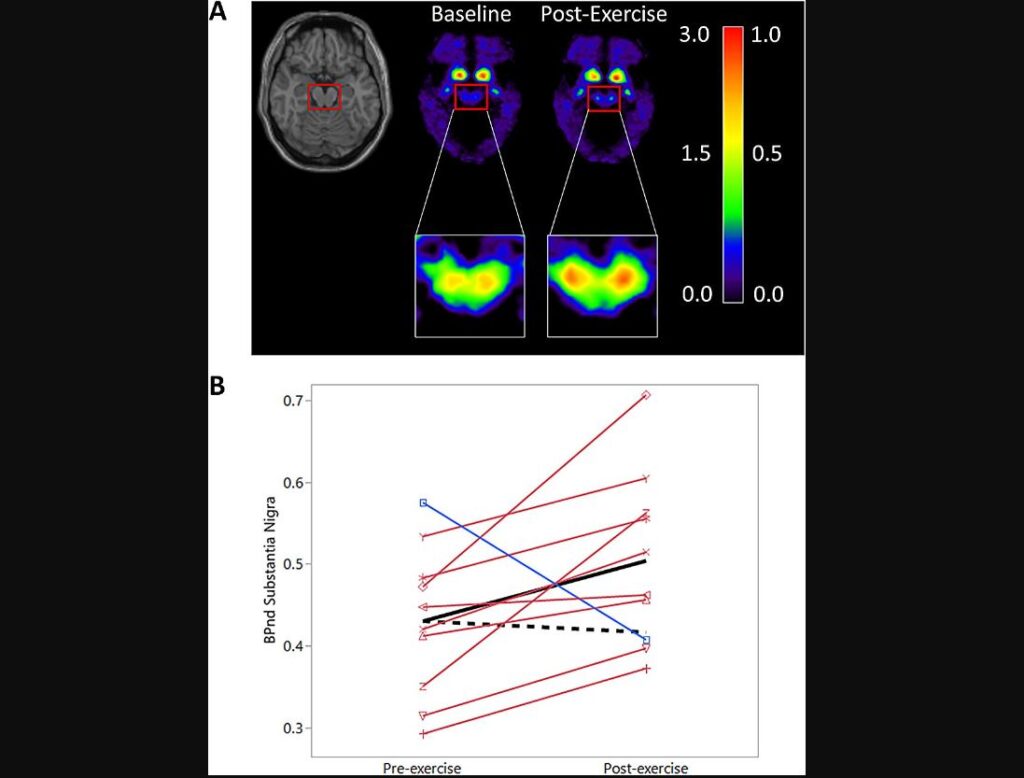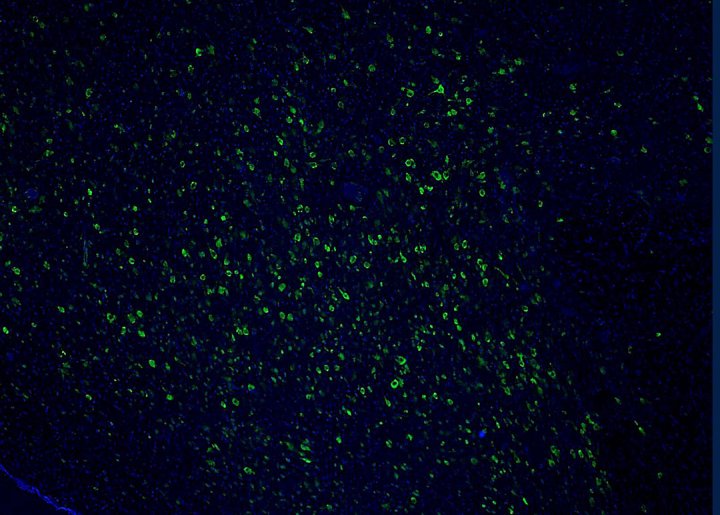
High-intensity exercise induces brain-protective effects that have the potential to not just slow down but possibly reverse the neurodegeneration associated with Parkinson’s disease, a new pilot ...
Read More

High-intensity exercise induces brain-protective effects that have the potential to not just slow down but possibly reverse the neurodegeneration associated with Parkinson’s disease, a new pilot ...
Read More
Findings suggest new approach to treating Alzheimer’s, other neurodegenerative diseases. Gut bacteria can influence brain health, according to a study of mice genetically predisposed to develop Alzheimer’s-like brain damage...
Read More
Scientists have demonstrated that normal brain aging is accelerated by approximately 26% in people with progressive type 2 diabetes compared with individuals without the disease, reports a study published today in eLife.
The authors evaluated the relationship between typical brain aging and that seen in type 2 diabetes, and observed that type 2 diabetes follows a similar pattern of neurodegeneration as aging, but which progresses faster. One important implication of this finding is that even typical brain aging may reflect changes in the brain’s regulation of glucose by insulin.
The results further suggest that by the time type 2 diabetes is formally diagnosed, the...
Read More
Reviving ‘awake neurons’ could be the solution to their sleepiness. The lethargy that many Alzheimer’s patients experience is caused not by a lack of sleep, but rather by the degeneration of a type of neuron that keeps us awake, according to a study that also confirms the tau protein is behind that neurodegeneration.
The study’s findings contradict the common notion that Alzheimer’s patients sleep during the day to make up for a bad night of sleep and point toward potential therapies to help these patients feel more awake.
The data came fro...
Read More
Recent Comments